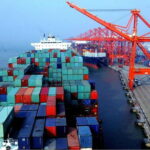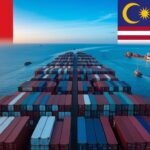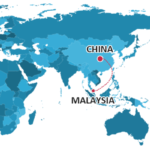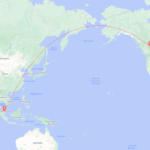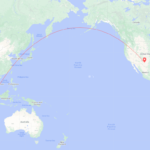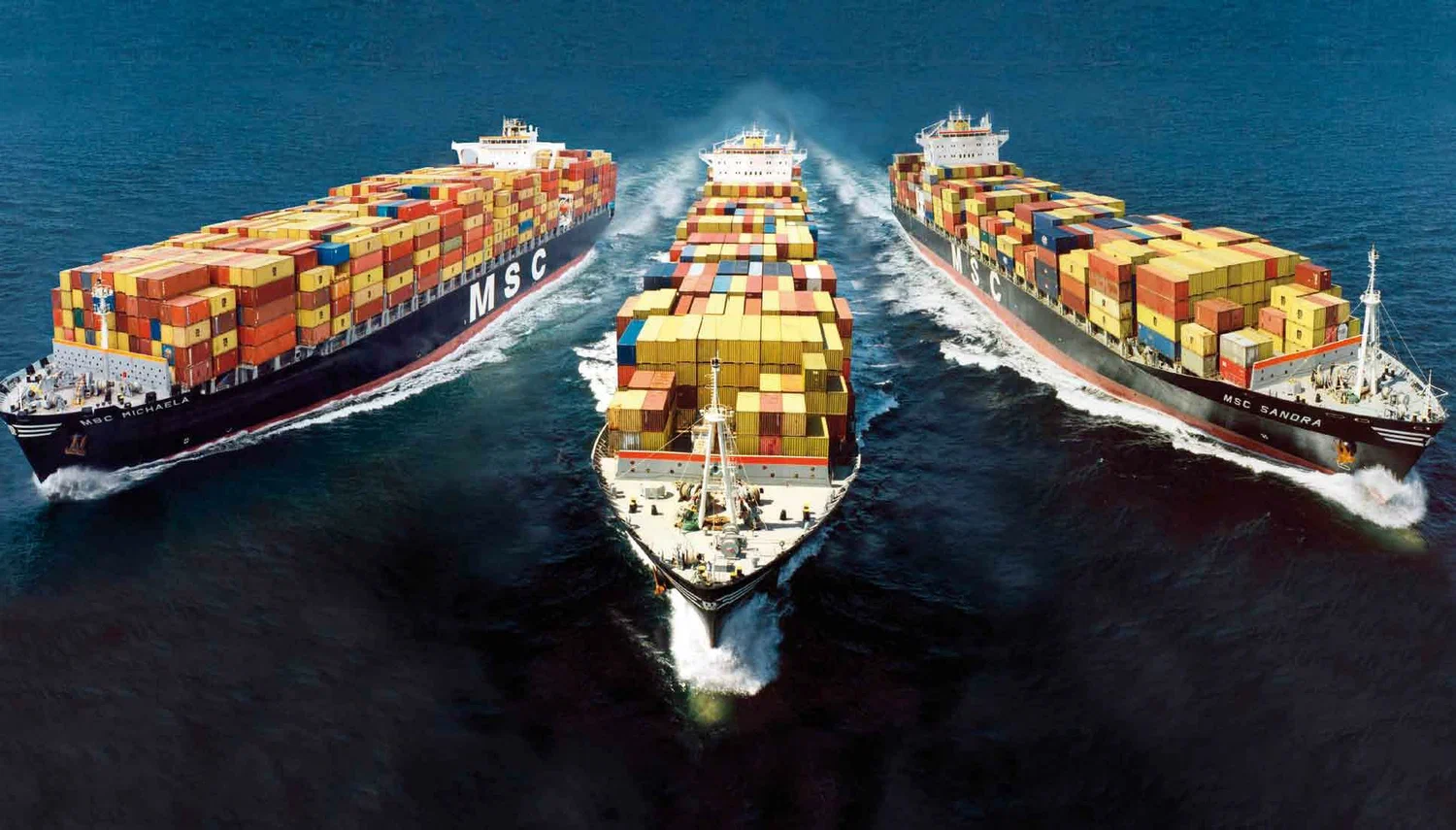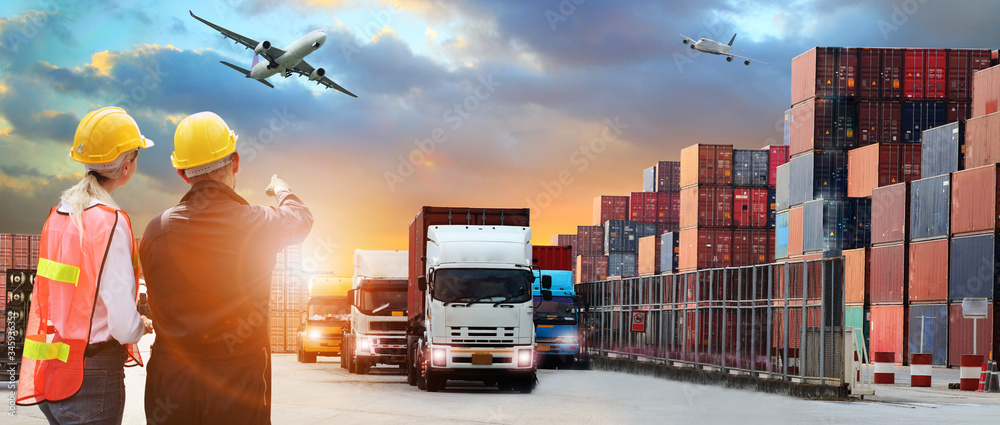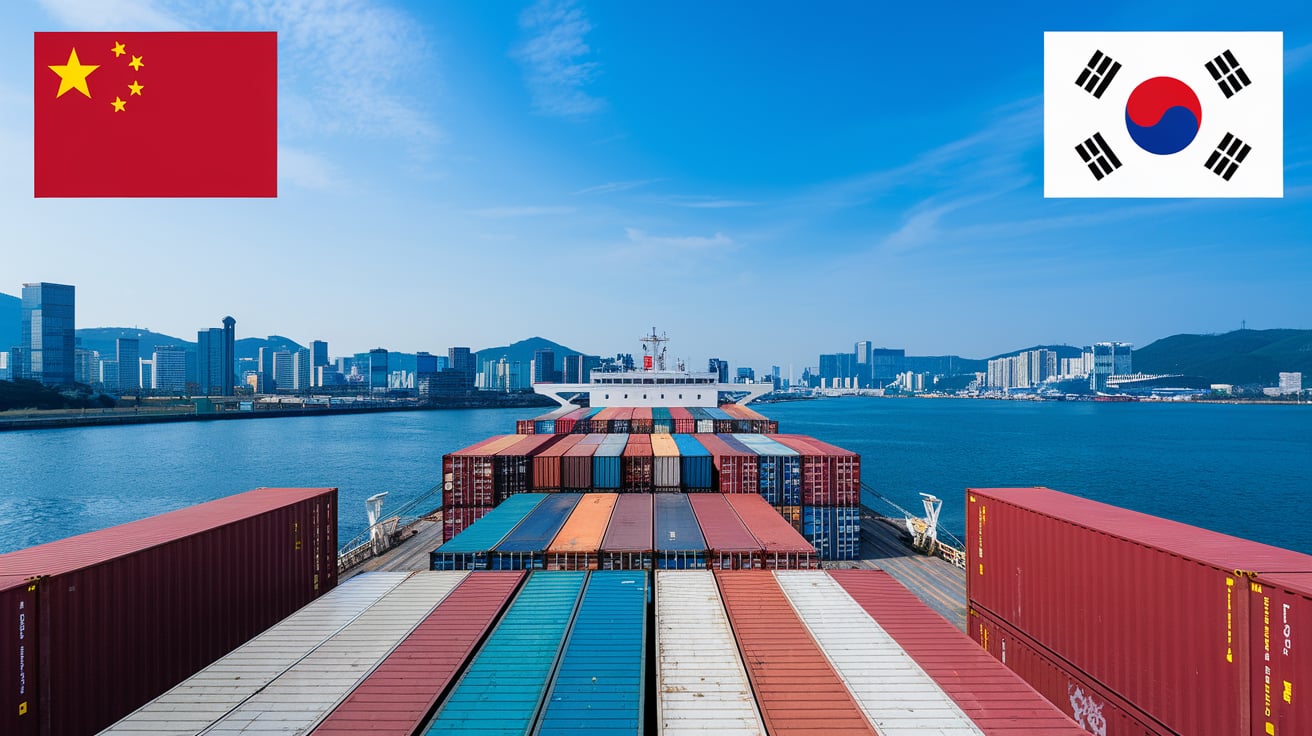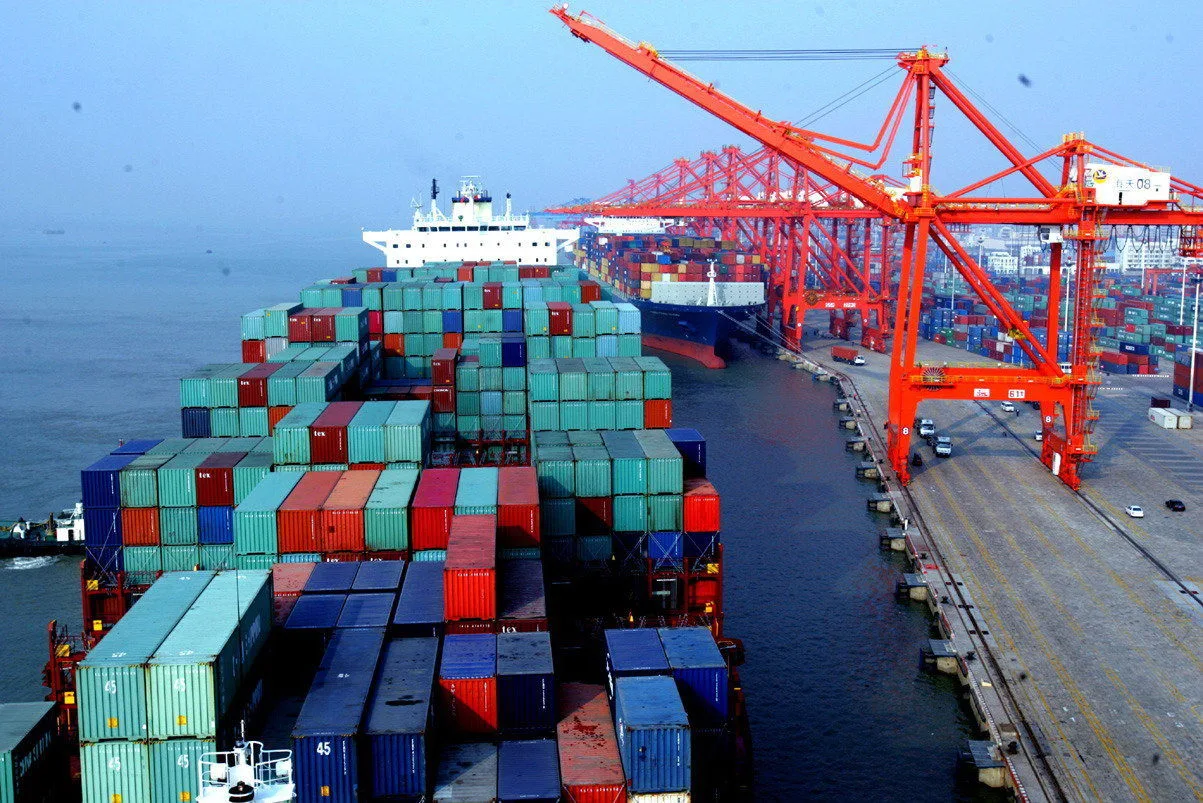The customer does not pick up the goods, is returned, is auctioned, how to do?
After the goods arrived at the port, the customer did not pick up the goods, the shipping company required to return the goods, and let us bear all the costs.
At the end of July 2019, two batches of goods arrived at Port Klang, Malaysia. In mid-August, two batches of goods arrived at the port respectively, but the customer did not pick up the goods until mid-September.Before the goods arrived at the port, we reminded the customer that the goods would arrive at the port soon, and after the arrival, we reminded the customer to pick up the goods.
In the middle of August, the forwarder told me that the customer still did not pick up the goods.I have been urging the customer to pick up the goods. The customer always said that he would pick up the goods on the same day, but he didn’t go until the middle of September.The customer will not communicate with us about why they do not pick up the goods. It is always “I will pick up the goods today”.
At that time, LCL was impatient and gave us an ultimatum, asking us to inform the customer one more time. If the customer still didn’t pick up the goods, they would return them to us and we should pay the demurage fee and other expenses incurred.
Analysis suggested that
If the foreign customer company goes bankrupt or does not pick up the goods after arriving at the port for a long time, the customer obviously will not pick up the goods after arriving at the port for more than a month, resulting in a lot of costs. We asked the forwarder to explain to the shipping company that we abandon the goods, but the forwarder said that it would take at least half a year to abandon the goods.
Then the problem comes, the port charge after half a year is estimated to be astronomical, the domestic factory certainly can not afford it.The value of the goods is also very low, and the future cost is sure to be much more than the value of the goods at auction.The specific questions are as follows:
1. Will the shipping company pursue these demurrage charges, demurrage charges and terminal charges?
2. Is it the forwarder, the foreign customer or the domestic factory?
3. If they can’t pay, will the shipping company take legal proceedings?
So, how to deal with exports abroad abandoned goods?
1. Take the initiative to abandon goods.
First of all, let your forwarder find the agent of the port of destination for help. First, change the consignee to the designated agent, and then abandon the goods in the name of the agent.Why is that?Because if the consignee is not changed, it should be very difficult for the shipper to abandon the goods unilaterally.However, after this change, the agent at the port of destination will bear many responsibilities, including the cost and responsibility of abandoning the goods. You must negotiate with the forwarder about this condition, whether they are willing to help you do this, and how much you need to bear the cost after doing so.
2. To be resold.
See if you can find other buyers in the destination country, change the consignee of the B/L and sell to them, certainly at a discount.There are also a lot of constraints, one is whether the products are customized and not easy to resell, the other is to find customers willing to take over.
3. Ignore it.
That what all no matter, responsibility cost all let your freight forwarder to carry.This is the most people, perhaps you all right, but the freight forwarding clerk that receives you this ticket of goods and the company fell big bad luck, the key is that this matter is not the responsibility of the others.Of course, the other party may also Sue you, and that’s not true.According to the Maritime Law 86-88, consignee out of the question, must find the consignor to bear the cost.
4. The tools.
We can first return the goods to domestic bonded area for warehousing. If there are new orders in the original goods shipped abroad or in the bonded warehouse with inspection and maintenance, we can simply change the packaging, re-label, replace the shell and other simple processing, and then ship the goods abroad with new orders.The bonded area is equivalent to a foreign country, and there is no need to apply for import declaration when the goods are returned to the bonded area for inspection and maintenance, so there is no need to apply for return of the goods to the customs, no need to pay tax, and no need to pay security deposit to the customs.
Domestic export goods, especially electronic products, small home appliances, etc., have a high repair rate. The traditional way of returning goods to the factory for maintenance needs to face many complicated procedures such as customs, commodity inspection, national tax, etc., and the advantages within and outside the bonded area can quickly solve the repair problem.
Bonded area has “inside the territory pass outside” policy, it is inside national border namely, but not be domestic customs place is in charge of, good enters free trade area to be equal to export from home, enter home to be equal to import from free trade area (should sign up for import to close), status and China Hong Kong are same.
Because this retreats the goods that carry from abroad retreats to free tax area to still be equal to goods to stay abroad, still did not deal with import to declare, need not apply for to return to carry goods to customs so, and return carry to free tax of free tax area, can answer export.
Let’s analyze the advantages of returning to bonded warehouse for repair:
A. Simple procedures: free of margin, duty exemption, tax exemption, free of commodity inspection and customs declaration. Just provide marked packing, number of pieces, amount and net gross weight to our company, then the QP system can apply for maintenance record and maintenance in the zone.
B. Fast time: after the goods arrive at the port in Hong Kong/Shenzhen, our company can arrange the transport container to be pulled back to the bonded warehouse for maintenance the next day. Workers can enter and leave the processing zone for maintenance without visa, and then export from Hong Kong or Shenzhen after maintenance.
C. Low cost: the cost of workers and maintenance sites are much lower than those in Hong Kong or abroad.
Case a
The customer goes bankrupt, the creditor controls the goods, the freight forwarder asks for the storage fee
We have a batch of goods are CFR with customers, the goods in July last year to Hong Kong, because the customer bankruptcy, and the creditor dispute, the goods have not been able to extract, our payment has been received in full, however, the port of destination agent to our domestic agent request, for storage, railway fee and other fees, these fees and our agent to us.The domestic agent has our export tax rebate documents at hand, the other side will not deliver the documents accordingly, and will declare the tax rebate soon, this matter has not been solved, it is very difficult.Now foreign agents threaten to auction goods, do they have this right?Who is the legal right or wrong in this matter?
Analysis suggested that
Analysis:
First of all, it is clear that you, as the SHIPPER, are indeed obliged to pay the storage fee of the goods (the second responsible person, as long as the CONSINEE does not pay, you will pay).
Second, after the goods arrived at the port, the ownership of the goods was in the CONSINEE, so if the goods were to be abandoned, the CONSINEE should write a written statement first, and then the SHIPPER should write it.
Third, there is no legal support forwarder can detain your verification sheet, as long as the court, this point they must lose the lawsuit;
The fourth, after goods produce certain amount of storage fee in wharf, the other side port has authority to auction goods really, but auction income is to pay other creditor after finishing storage fee first.(Of course, the Shipper and Consinee are obligated to make up if the auction proceeds do not cover the storage fees.)
Finally, if, as you say, the goods are already in the control of the client’s creditor, it is the creditor who should be the principal of the CONSINEE to pay the warehouse rent.(In theory, your client acts as a CONSINEE, his creditor has no right to control the goods without first receiving the goods, and if he has received the goods, then the owner of the goods is him instead of you. Of course, laws may vary in different countries, so only your client knows what the local laws are)
Advice:
How to return or sell the goods to others if the customer does not pay after the goods arrive at the port?
Most countries in the world have this regulation, when the imported goods arrive at the port, the jurisdiction of the goods will be transferred to the customs, the customs in order to protect the interests of the buyer, will not allow anyone other than the consignee to arbitrarily touch the goods.
This brings great trouble to the seller. When the seller fails to collect the payment and wants to control the right of goods, he finds himself facing the possibility of both empty goods and money.
Because no matter you want to return it or resell it, you must meet one of the following two conditions:
Declaration of abandonment given by the original consignee;
The original consignee clearly informed the seller to refuse to pay for goods!
So, some buyers will always drag their feet, never say they won’t pay, so you can’t catch the evidence, abandon the statement?More don’t want to!
As a result, the seller can only helplessly watch the passing of time, until the goods are auctioned by the customs!
So I gave you two ways:
1. Find a very powerful forwarder, I mean the forwarder at the destination port, who can help solve some problems. One of my friends once successfully solved the cargo problem in Turkey.
2. To find a counselor, some have succeeded, but most, almost impossible to contact.
In fact, these are all dead horses to live, because there are few better ways to do it.
But today I have the good news that there is another method that has been proven to work.
I suggested to a friend that she put this in her contract:
Payment in this contract shall be the balance upon presentation of the copy of bill of lading.If the buyer (specific name) has not paid the balance within 10 days after seeing the copy of B/L, it will be deemed that the buyer voluntarily waives the right of goods and the buyer agrees that the shipper will dispose of the goods at his own discretion.
Or:
If the buyer (specific name) does not pay the bill of lading within 10 days after seeing the copy of the bill of lading, this clause will be automatically activated: the buyer (specific name) voluntarily waives the right to dispose of the goods, the shipper can dispose of the goods at his own discretion, can return or sell to any other third party!
Remember, always ask the customer to sign back!
A lot of people say, how can the customer countersign?
If the customer is a serious businessman, not deliberately cheat you, he will sign, because this is a normal contract terms, did not hurt any interests of the customer.
Then, when the customer did not pay the payment, the contract came into effect. The friend gave the contract to the local agent, who showed it to the customs, and the Turkish customs let it go.
I don’t know whether all the customs will recognize this contract mode, but since there is a hope of success, we should achieve 100 percent.
Some people may say, why do you want to see a copy of the bill of lading to pay?Wouldn’t it be better to do TT before 100%?Who does not want to do risk-free business, if you can do TT before who will do what to see the copy of the bill of lading payment, who still do letter of credit, who still do DP or even OA?
Competition caused, helpless!Like a slave phase eldest brother comment on my face, because I said the first thing to express, then ask questions, because I said that even if the customer information is not complete, also want to go first to deliver value, ask specific configuration, if at the very least, foreign trade business is slave phase, and then not accept the TT payment before, but it doesn’t slave phase, too?
Stick to yourself, only do the first TT;Insist on self, only do high value;Adhere to the self, waiting for customers to take the bait, their own absolutely not active!Perhaps this is the true hero, however, I can not do it now, in addition to some top masters, how many people can do it?

